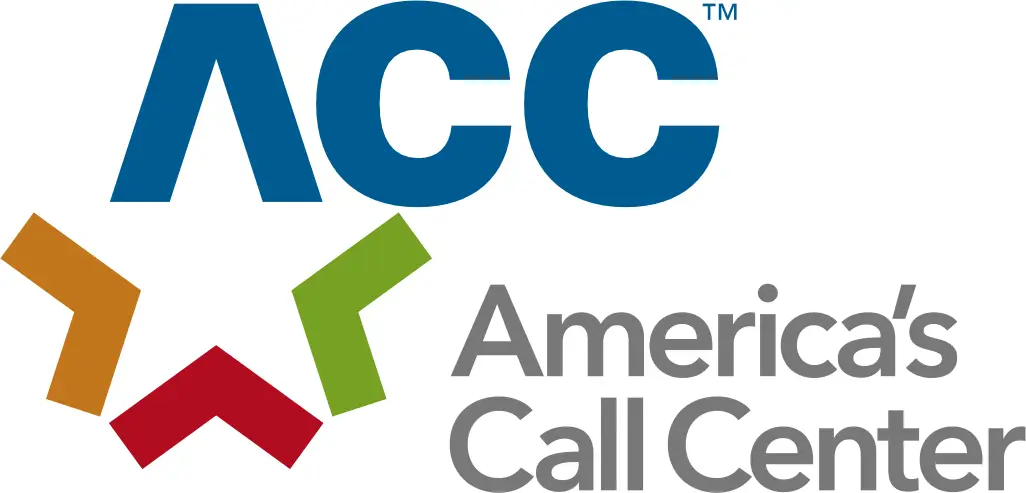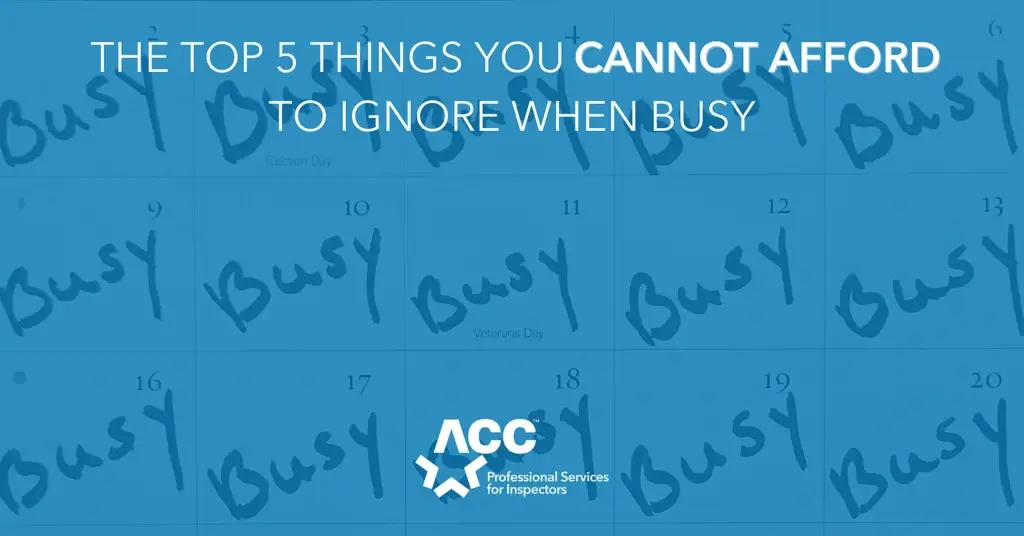Your business is booming, with you and your inspectors doing two to three inspections a day, and little time for anything else. That’s okay, right? A full schedule is the best schedule to have for any inspection business. When things slow down you can simply pick up all those things that you stopped doing when things were slower, and all will be well.
For those business owners that want to maintain a healthy, stable business during the periods when the total volume of real estate home inspections slows down, there are five things you want to make sure you are always doing – yes, even when things are busy – to ensure your business stays top-of-mind when the market begins to slow.
#1 Don’t ignore educating new customers.
With changing home buyer demographics, there are a significant number of first-time home buyers who do not understand the value of a home inspection and the services that are typically associated with them. And depending on their agent, they may not realize they need a Radon test, a sewer scope or some of the other additional services you provide. When you are busy, it is easy to think “I do not have the time to deal with this shopper and I am busy enough; so, I won’t really miss the business”. While in the moment that may be true, you run the risk of losing a potential long-term customer. Further, there’s a strong chance you won’t be referred by their agent as a company that focuses on giving the best customer experience.
So how do you spend the time when you don’t really have any to spare? Bring on additional resources to help you.
There are several options available, from hiring an office staff that will cost $15+ per hour per person (who typically work 40 hours a week, and you have to train and manage) to partnering with industry experts to handle your front office (like ACC) that typically costs significantly less, with more hours of coverage and fewer management headaches.
#2 Don’t ignore your website and social media.
Unfortunately, this area is often the first to get ignored when times get busy. Why are these important?
- Relevancy – In most regions of the country web searches to find inspectors are increasing; so, keeping your website updated with new content and active SEO (Search Engine Optimization) will help you push to the top of any searches. Google Ads can help as well to expand visibility and relevancy.
- Brand – Your website and social media posts reflect you and your brand, and potential customers will often go to your website to determine if they want to use your company. Is your website clean, simple to navigate and easy to understand? Or is it cluttered, with way too much information and challenging for a new home buyer to figure out what you do, what makes you different, and ultimately, why they should use you? Do your social media posts reflect your concern for your client? Are the posts informative, helpful, and valuable? Start by considering how you want to help them with one of the biggest purchases they will ever make and most social media posts will take good form.
- Security – If you are managing your own website this can be a challenge. While typically the home inspection industry is not a target of hackers, it’s important to stay diligent – as too many companies have been compromised through vulnerabilities on their website.
Partnering with a company that specializes in website and social media management can relieve the business owner of most day-to-day management of this important aspect of the business, boosting business while removing headaches. Industry forums (InterNACHI, ASHI) are great places to look for recommendations, as you will want a partner that is focused on the home inspection or real estate industry and not a generic “we’ll manage your website for $19.99” company (you get what you pay for!)
#3 Don’t ignore your pricing.
This can be a sensitive area for some inspectors, and it really shouldn’t be. You are providing a valuable service and it is worth every penny to give the potential homeowner a thorough understanding of the home. There are right ways and wrong ways to raise your prices; so it is important to plan ahead before you do it. In general, if you are booked two+ weeks out or are having to turn away business, you should increase your prices (and hire more inspectors if you want to grow).
Consider this: Home values increased 11.6% in 2020 and are projected to increase another 11.8% in 2021 (per Zillow). If you are averaging $400 per inspection and do a small 5% increase ($20), you could bring another $10k a year to your bottom line. And do not limit yourself to only doing it once a year. There are many successful inspection businesses that use a variation of the two+ weeks out rule who have raised their prices more than 3-4 times each year! It’s simple supply and demand, and it often ends up being a non-issue with agents and clients as they are getting a great value for the money spent.
#4 Don’t ignore your customer follow ups.
Always relevant, but even more so in hot markets. There are many reasons why customer follow ups should be a part of creating an exceptional customer experience, and if they are not, you should consider adding them. In hot markets, while you hear “agents are waiving inspections,” it’s typically the good agents, working in the best interest of their clients, who are not. And these clients may be making offers on multiple houses during their home buying journey. So, if you follow up with them at the start, asking if they have any questions, checking in on how things are going, and simply showing that you care, you’ll create a customer who will want to use your services again. There have been reports of some inspection companies doing 6-8 inspections for a single customer in a single month! With the customer continually coming back despite the all-too-common frustration these days of not being able to buy a home. Those companies are clearly focused on delighting their customers and agents. If you ignore the follow ups, it is too easy for that client to think “Just another home inspection company. Maybe I should shop around since I’m going to be doing more of these things” and move to a competitor.
#5 Don’t ignore your agents.
It is too easy to take your top-performing agents for granted, as you have their business today. But as many successful inspectors know, agents can be a bit fickle. And despite years of working with your company, just one mistake, one little whoops, can result in that agent not using you anymore. And you do not realize it until months go by, when you have time to sit and look at your numbers and realize they are no longer a top agent. Are you staying in touch with your agents? Are you including them in your approach to providing an exceptional customer experience at every touchpoint? Are they aware at how well you are taking care of their customers? Are you thanking them for their business?
Obviously, you do not want to overwhelm them with overcommunication, but you don’t want to think they are forgotten either. There’s an obvious balance to be struck here, but make sure you are doing some of the basics right. Are you dropping them a handwritten “Thank you” note once a month? Are you consulting with them on potentially challenging clients? Are you serving them at the level they need?
And do not forget about your other agents and new agents. While they may not feel critical now, as the markets start to slow you will benefit by having a larger pool of agents who want to use your services. And they can be instrumental in helping you sustain your inspection volumes even during the slower periods. By paying attention to the different areas above, you are setting yourself up for success in the long-term. Ultimately, the home inspection industry is all about relationships, which take time to create, nurture and grow. If you don’t have time to do it yourself (and in many cases, you probably shouldn’t!) be sure to find the right partners with the right experience who will work to help you grow your business. Again, the solution may be to hire part-time or full-time office staff, tap marketing experts, or outsource the management of the bulk of the inspection process lifecycle to an industry specialist like ACC (America’s Call Center) – but whichever partners you choose to bring on, ensure they fit with your vision for sustained success and the strategic path on which to attain it.


